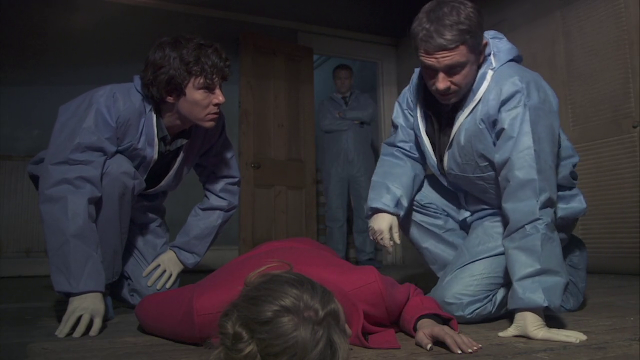
Sherlock's "sociopath" retort is confident, sharp and dismissive, establishing the detective as a man who fully accepts the burden of genius. In the pilot, however, the line is missing entirely, and Sherlock reacts very differently to being called a " psychopath."Īfter attending their first crime scene, Watson tells Sherlock about Donovan calling him a psychopath, only for Holmes to respond, " I didn't know she was that smart." While misrepresenting Sherlock as a psychopath is a problem in itself, the bigger issue is the tragic implication. Most would be insulted by the "sociopath" label, but Sherlock wears it like a badge of honor, and the line became a rallying call that Holmes would repeat throughout the series. One of Sherlock's most famous lines comes in the very first episode, when the world's one and only consulting detective corrects Anderson, " I'm not a psychopath, I'm a high-functioning sociopath." The line not only proves Sherlock's profound awareness of his status as a social outcast, but also shows Benedict Cumberbatch's character embracing perceived flaws as strengths. Through this raft of additions and omissions, the characterization of Benedict Cumberbatch's Sherlock Holmes is massively shifted. The pilot uses the same script as Sherlock premiere " A Study In Pink," but is greatly changed, featuring different locations, some new actors, and weighing in 30 minutes lighter.

In spite of the greatness Sherlock would eventually attain, production began inauspiciously with an unaired BBC pilot, since released via DVD bonus material. Related: How Sherlock Returned After The Reichenbach Fall Although later seasons would be met with less enthusiasm, Sherlock's earlier years were rapturously received by fans and critics who praised the urban setting, the Doctor Who-esque tone, and the chemistry between Holmes and Watson.

Utilizing a feature-length format and co-starring Martin Freeman as John Watson, Sherlock boasted a dream team of behind-the-scenes creatives led by Steven Moffat and Mark Gatiss. Premiering in 2010, Sherlock modernized Doyle's mythology, translating his most iconic stories (and some new ones) into modern day London.


 0 kommentar(er)
0 kommentar(er)
